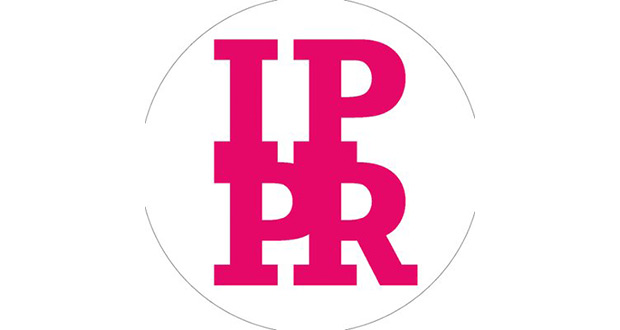NHS Hospitals Under Strain Over £80bn PFI Bill For Just £13bn Of Actual Investment, Finds IPPR
 Safety hazards, sewage leaks and falling ceilings are major risks at hospitals after decades of underinvestment and the legacy of PFI
Safety hazards, sewage leaks and falling ceilings are major risks at hospitals after decades of underinvestment and the legacy of PFI
The NHS faces a PFI postcode lottery as some trusts are forced to spend up to £1 in every £6 on PFI payments with worrying consequences for patient safety, says the IPPR think tank. Decades of underinvestment, austerity, and the legacy of the privately financed capital projects has restricted long-term investment in buildings, maintenance and new life saving technology.
In a new report, IPPR outlines the ‘capital crisis’ facing the NHS and calls for the end of the ‘toxic’ legacy of PFI. IPPR analysis of latest HMRC data found that PFI, the scheme which funded capital spending through private finance, is costing the NHS an extortionate amount. For just £13bn of investment, the NHS has been landed with an £80bn bill.
NHS trusts will pay £2.1bn on PFI repayments this year, rising to over £2.5bn in 2030 and taking money away from vital patient services. The impact of this is uneven, with some areas spending up to a fifth of their budget on PFI payments. The worst affected trusts are North West Anglia, Sherwood Forest, University Hospitals Coventry and St Helens and Knowsley.
PFI is compounding the damaging effects of austerity, which introduced regular cuts to NHS capital budgets. The report says capital investment has ‘fallen off a cliff’ as trusts have been forced to re-allocate long-term capital funds to patch up day-to-day running costs. In the last four years £4bn of capital funds have had to be reallocated.
The report says that the NHS will not be able to provide a modern health service unless it has the funds to invest in new technology and infrastructure. Failing to do so puts patient safety at risk. There are £3bn worth of critical maintenance issues unresolved – including fire safety hazards, sewage leaks and falling ceilings – all things that pose a genuine danger to patients and staff.
The NHS is also falling behind in technology adoption, argues the report. The NHS has the lowest number of MRI and CT scanners per head amongst advanced OECD economies. Pagers, fax machines and paper filing systems are still commonplace, leaving the health service dangerously outdated, according to the report.
The NHS has so far only paid around £25bn of the £80bn expected total cost of PFI since it was first introduced in 1998, less than a third of the final price. With just under £55 billion further to pay, the NHS will continue carry the burden of PFI for decades to come unless action is taken, according to the report.
The government has banned PFI, but not dealt with its legacy or provided new money for capital, leaving trusts with mountainous debts and little money to invest. The IPPR report The Make-do-and-Mend Service: Solving the NHS’ capital crisis makes two bold proposals to decisively end this damaging legacy:
- End the toxic PFI legacy – Introduce a right-to-buy scheme that allows trusts to bring bad-value contracts into public ownership. This can be achieved by legislating for the right to enfranchisement.
- End the neglect: – Spend an additional £5.5bn a year on NHS capital. This multi-year funding settlement would bring the UK into line with health capital spending per capita in other advanced economies.
The report’s conclusions demonstrate that the Chancellor’s one-off £2bn Spending Review cash injection does not meet the long-term needs of the health service – in fact it does not even cover next year’s PFI payment.
Chris Thomas, IPPR Health Fellow, said:
“In 2018, the Chancellor told us ‘PFI was dead’. Our analysis shows it is actually alive and well – thanks to a Government refusing to take decisive action. That means toxic PFI contracts are still driving billions away from patients and into private bank accounts. And it means the NHS has no mechanism to bring in capital investment – blocking transformation and threatening even basic safety standards in our hospitals.
“The bluster of Boris’ proposal in August – a small, one-off capital cash-injection – is wholly inappropriate given the scale of this on-going crisis.”




